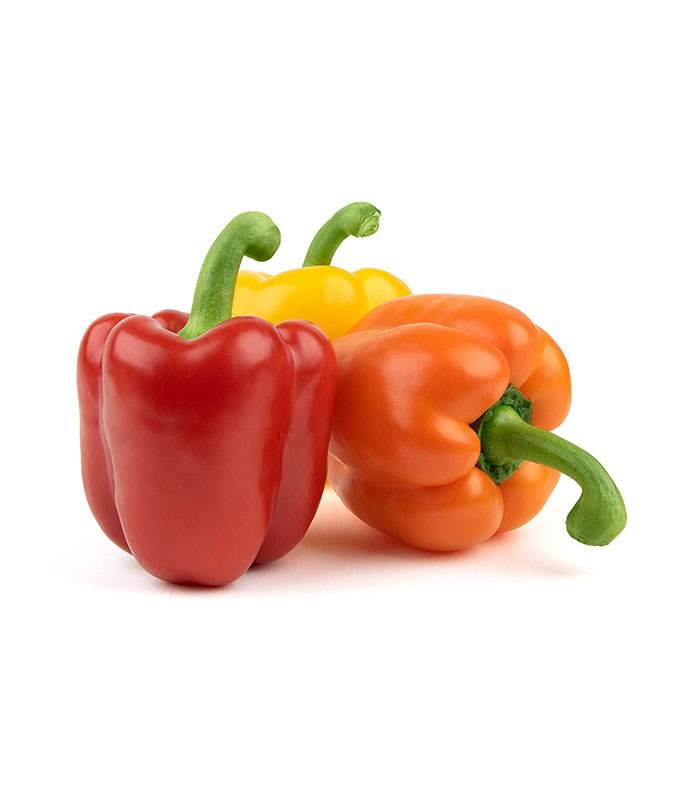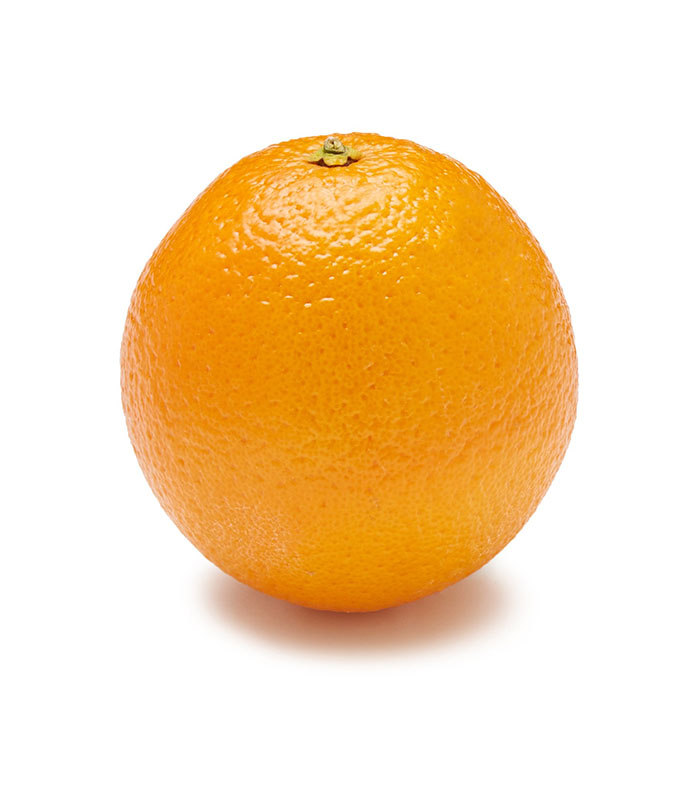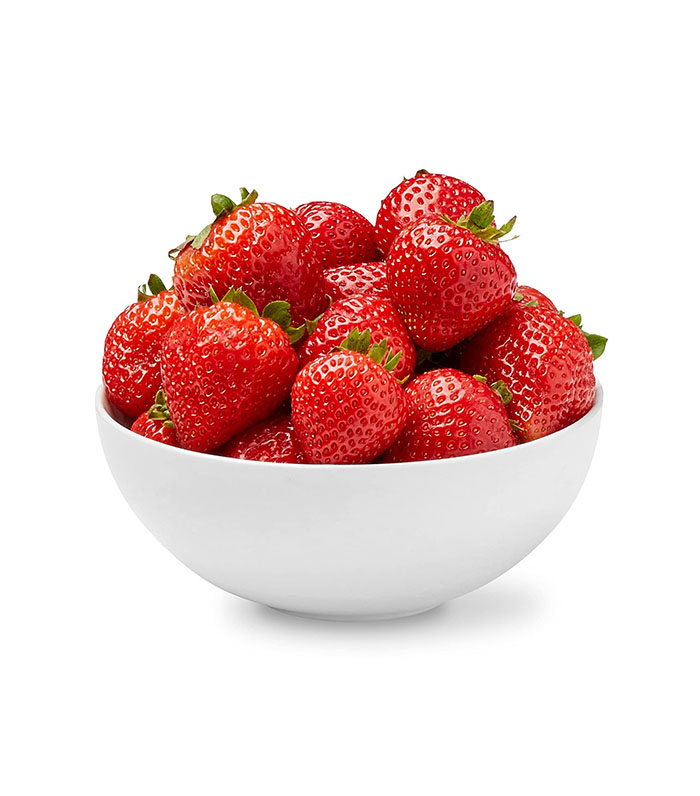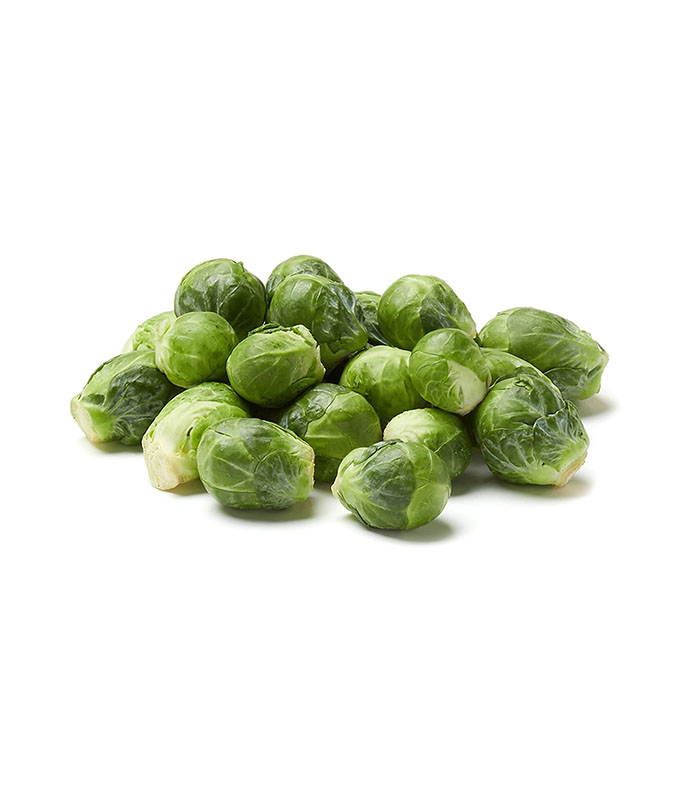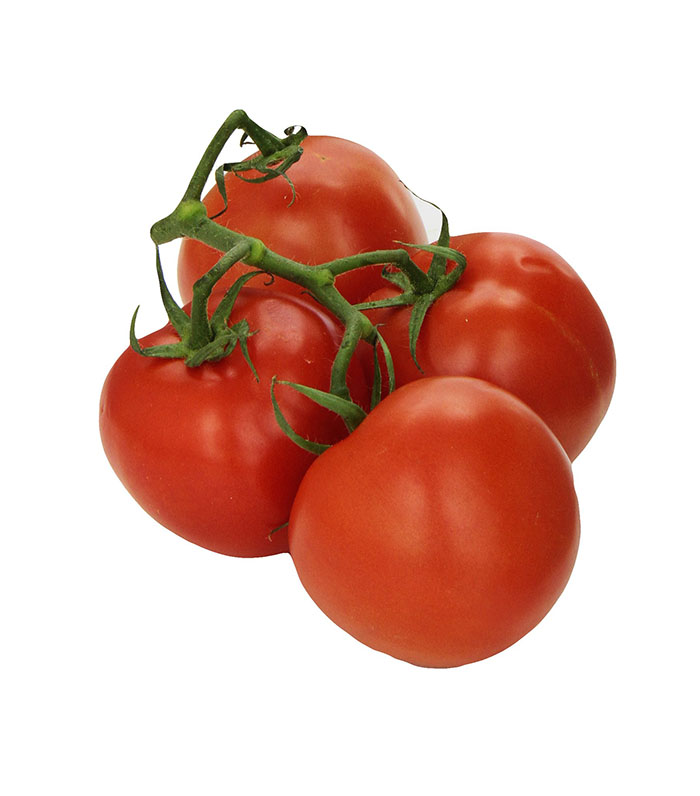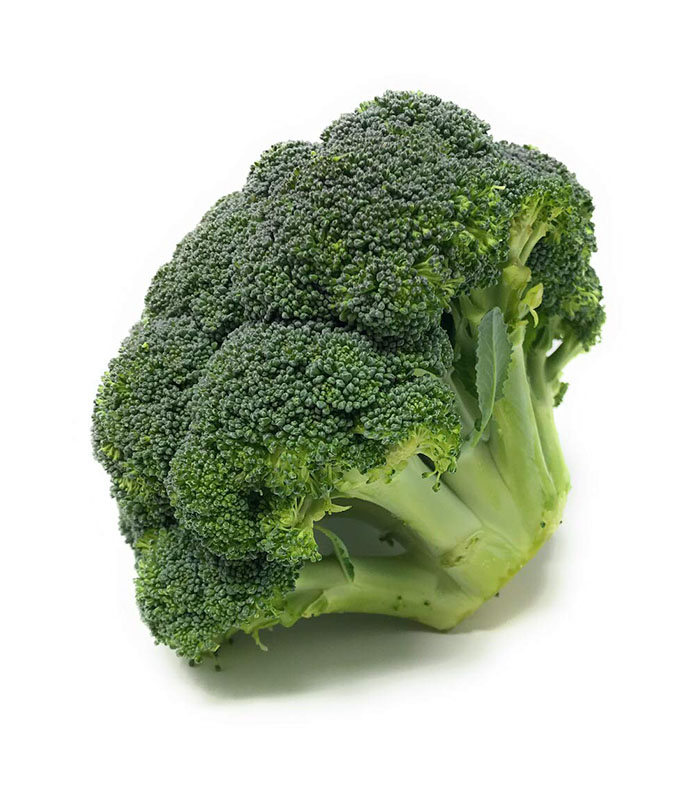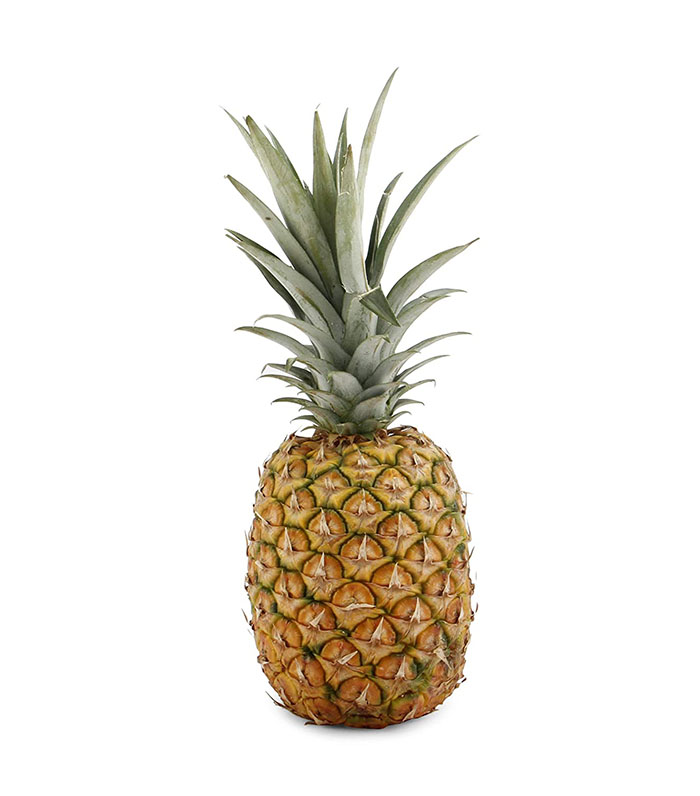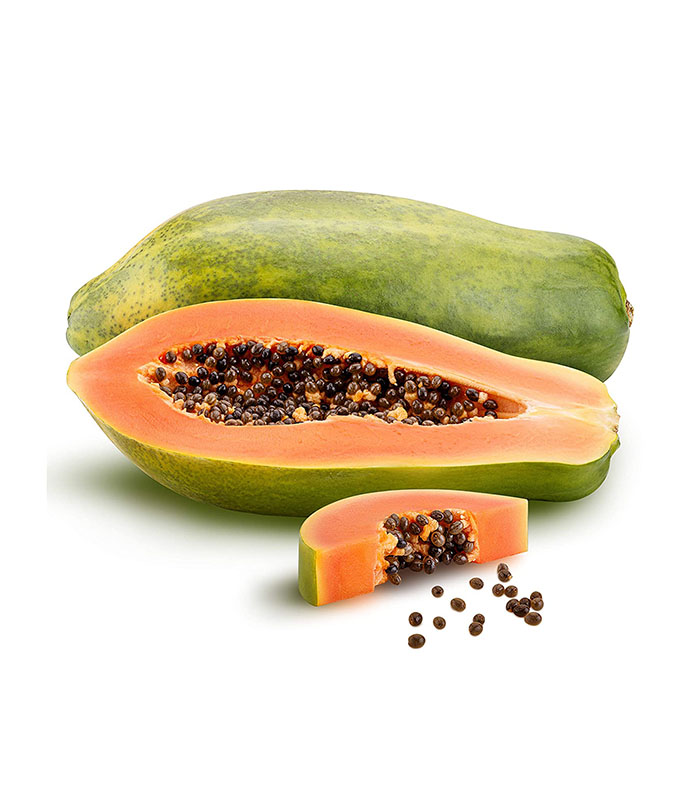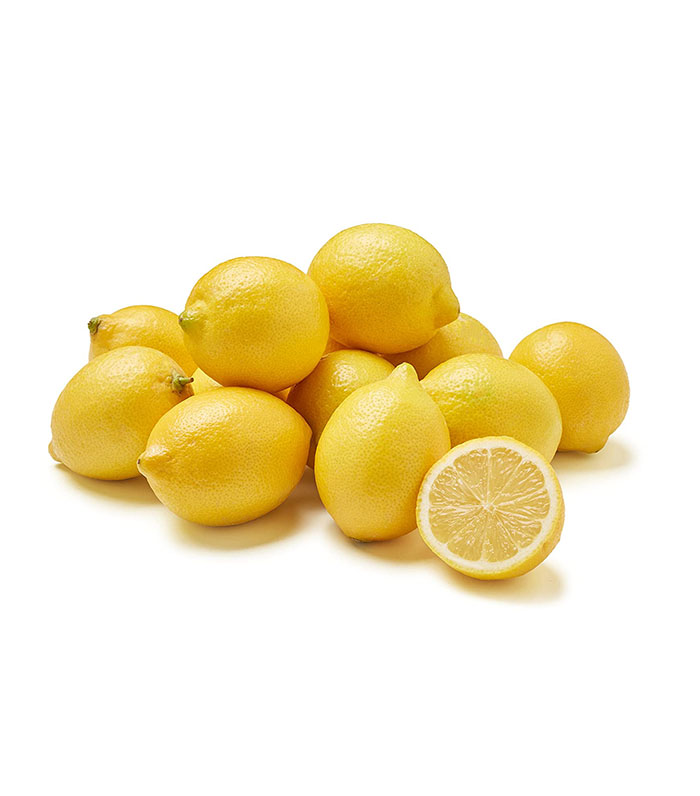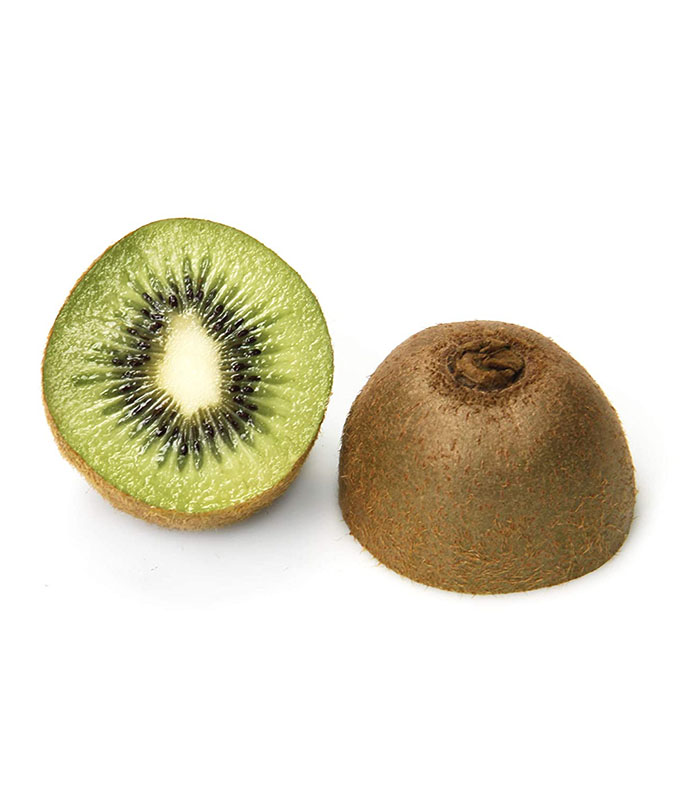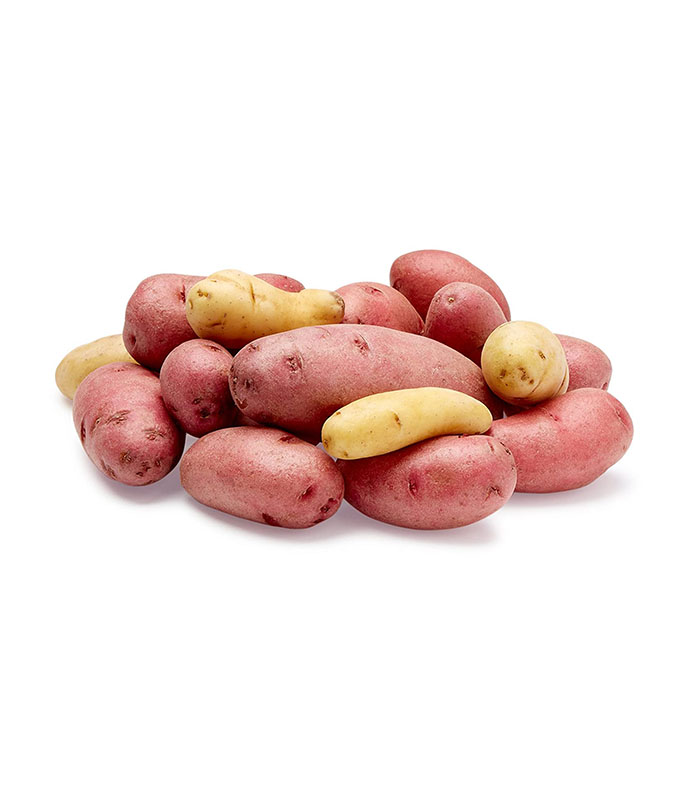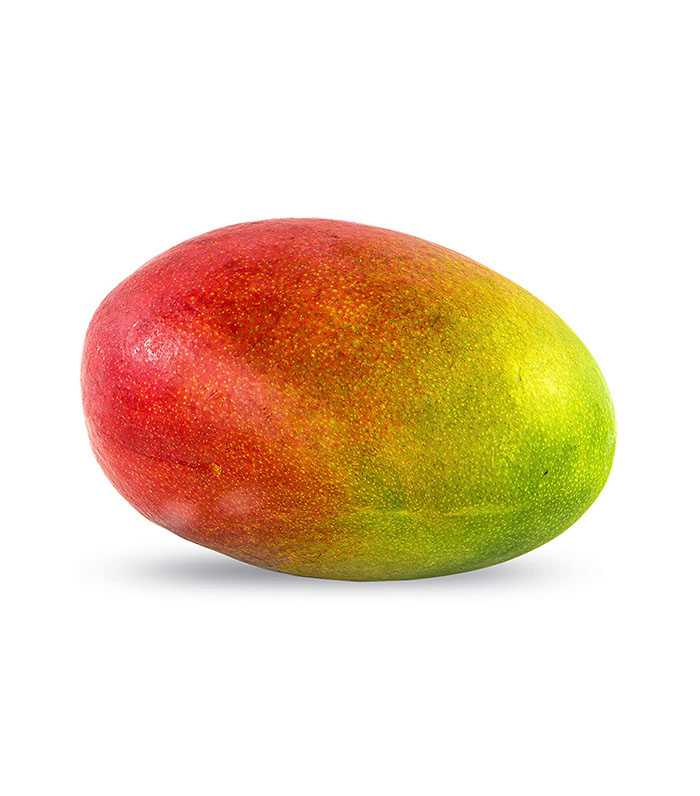The Nutrient to Add to Your Diet for a Stronger Immune System
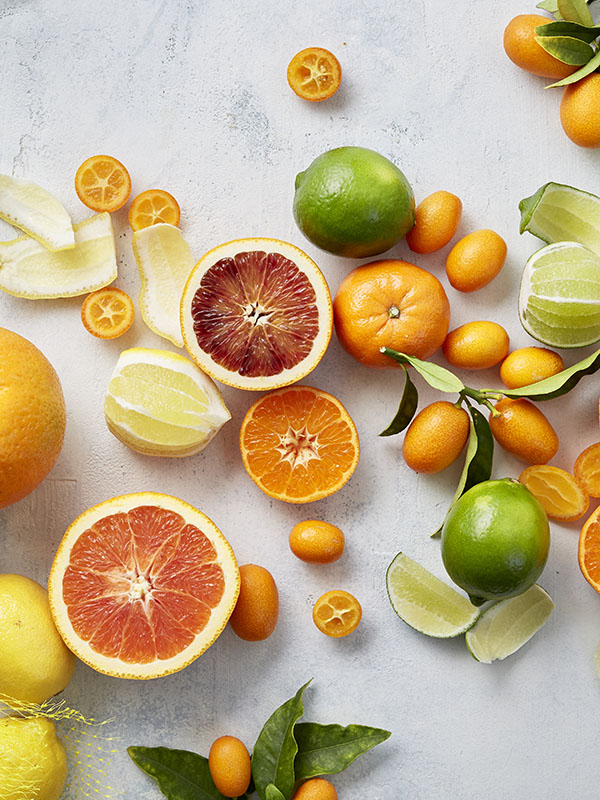
You've probably heard about how important it is to get vitamin C in your diet to stay healthy. It's one of the essential nutrients. But do you really know how it benefits your body? I very vaguely had an idea that it was supposed to be good for my immune system, which is why every time I feel a sore throat coming on or feel "off," I add oranges to my shopping cart and chug Emergen-C in an attempt to avoid getting sick.
Because the immune system is so important, I wanted to learn how vitamin C affects it and other parts of the body. So I reached out to some experts to get a better understanding.
"Vitamin C is an essential nutrient, an antioxidant that must be consumed regularly to prevent deficiency," says women's health dietitian Valerie Agyeman, RD, founder of Flourish Heights. "It is important for your skin, bones, and connective tissue. It also promotes healing and helps the body absorb iron. As an antioxidant, vitamin C fights free radicals in the body, which may help prevent or delay certain cancers and heart disease."
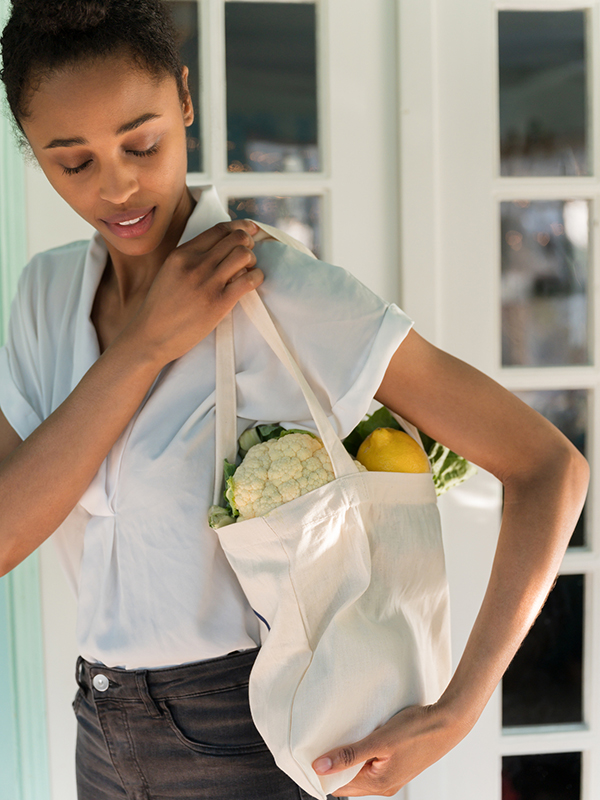
Because vitamin C is water-soluble, it is not stored in the body, and if you take in an excess of it, it will be excreted in your urine, adds registered dietitian Claire Virga, RD, MS, CDN, of Rooted Wellness. "Since we don't store vitamin C, it is important to consume good dietary sources of vitamin C daily," she says. "Fortunately, that's not hard to do if you are eating a wide variety of fruits and vegetables daily. (Aim for eight to 10 servings.) It's nearly impossible to get too much vitamin C from your diet, but megadosing vitamin C supplements (more than 2000 milligrams per day) can cause GI distress."
As a general guideline, women need 75 milligrams of vitamin C per day, while men need 90 milligrams.
What Does Vitamin C Do?
It's an Antioxidant
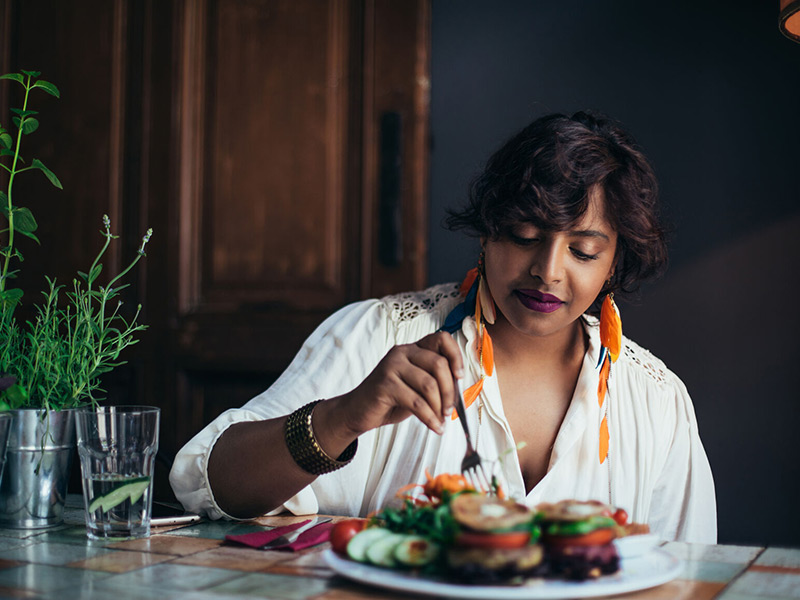
"Antioxidants are molecules that fight free radicals in the body," explains registered dietitian Stephanie Nicole Carter, MS, RDN, founder of Carter Hall Lifestyle. "An accumulation of free radicals can damage the body's cells, leading to oxidative stress. High levels of free radicals may play a role in the development of chronic and degenerative illness such as cancer, heart disease, rheumatoid arthritis, cardiovascular and neurodegenerative diseases."
It Promotes Collagen Production
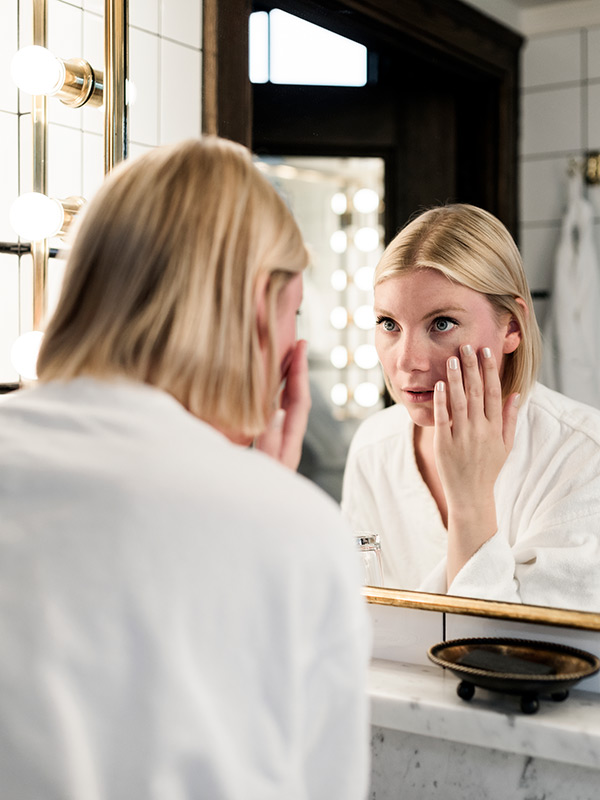
It's good for your skin, hair, and nails, too. "Vitamin C also serves a vital role in the formation of collagen, the most abundant protein in the body," Carter says. "Collagen not only gives structure to our hair, bones, skin, and other connective tissues, but it also plays a vital role in wound healing. Chronic stress triggers the release of cortisol, the stress hormone, which can break down the skin's collagen. The body needs vitamin C to make collagen."
It Supports the Immune System

"Most importantly, vitamin C contributes to immune defense by supporting the production of white blood cells. White blood cells help protect the body from infection," Carter explains.
It Helps Absorb Iron

Our bodies need iron, too, and vitamin C helps with that process. Carter says it improves the absorption of non-heme iron, which is the form of iron that is present in plant-based foods.
Signs You Have a Vitamin C Deficiency
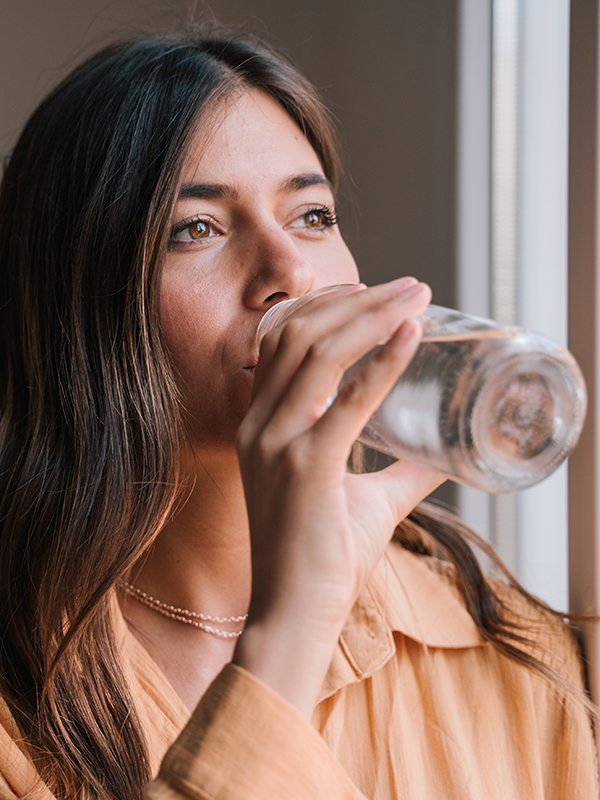
Vitamin C deficiency is rare in Americans, according to Carter, but there are some people who might have a harder time getting enough. One group is smokers. "The free radicals created by smoking require the body to increase the amount of vitamin C needed to prevent oxidative stress. Individuals who smoke need 35 milligrams more vitamin C per day than nonsmokers," she says.
You might also experience a deficiency if you are a restricted eater, meaning you don't get enough nutrient-dense foods or are limited in the variety of foods you eat, Carter adds.
"People who get little or no vitamin C for multiple weeks can get scurvy," says Agyeman. "Scurvy causes fatigue, inflammation of the gums, small red or purple spots on the skin, joint pain, poor wound healing, and corkscrew hairs. Red, bleeding gums are another common sign of vitamin C deficiency, and severe deficiency can even lead to tooth loss."
Foods High in Vitamin C
The best way to get vitamin C is through your diet. In general, Carter recommends looking for a variety of colorful foods to make sure you're getting enough vitamins and nutrients. "Vegetables and fruits are loaded with phytonutrients, which are natural chemicals produced by plants. They are packed with antioxidant and anti-inflammatory properties that can help support a healthy human body," she says. For example, orange and yellow produce have beta-carotene, which is converted into vitamin A. Red produce has lycopene, which has been linked to a lower risk for some cancers. And purple and blue fruits and vegetables contain anthocyanins, which may inhibit tumor growth, boost cognitive function, and fight heart disease.
Take a look at the foods high in vitamin C below.
1. Guava
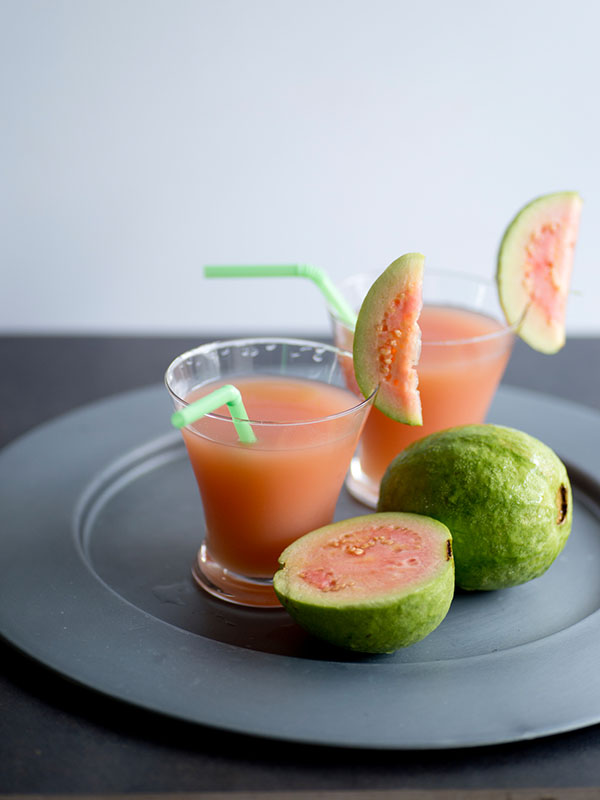
"One cup of guava contains a whopping 377 milligrams of vitamin C," says Virga. "Both the rind and seeds of the guava fruit are edible, and in fact, the rind of guava is loaded with vitamin C and has even more vitamin C than an entire orange!" Agyeman adds that the fruit is also rich in lycopene, which may help fight off certain cancers.
2. Bell Peppers
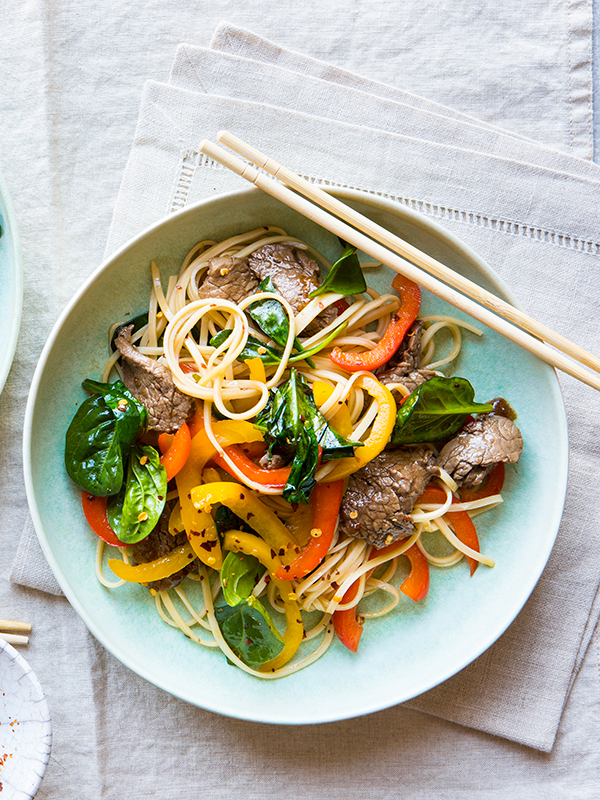
"Bell peppers of all varieties are great sources of vitamin C," Virga says. "Red bell peppers have the highest vitamin C content and are the sweetest in flavor because they stay on the vine the longest. Green bell peppers are harvested earliest and therefore have less vitamin C than the red and yellow varieties yet are still a great source of vitamin C."
Agyeman says one-half cup of sweet yellow peppers delivers 152% of the recommended DV and may improve eye health and protect against cataract progression.
3. Oranges
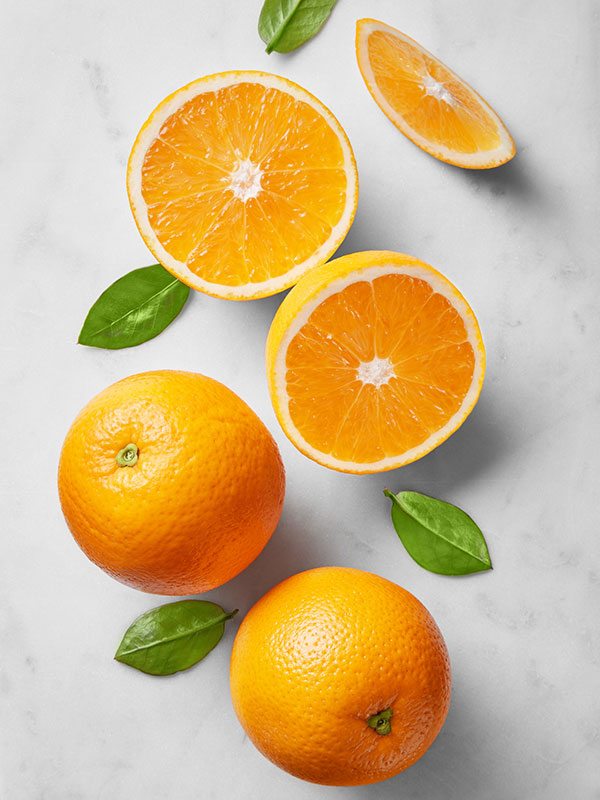
This might be the first fruit that comes to mind when you think of vitamin C. Virga says eating one medium orange provides 70 milligrams of vitamin C, which is almost 100% of what women need daily.
4. Strawberries
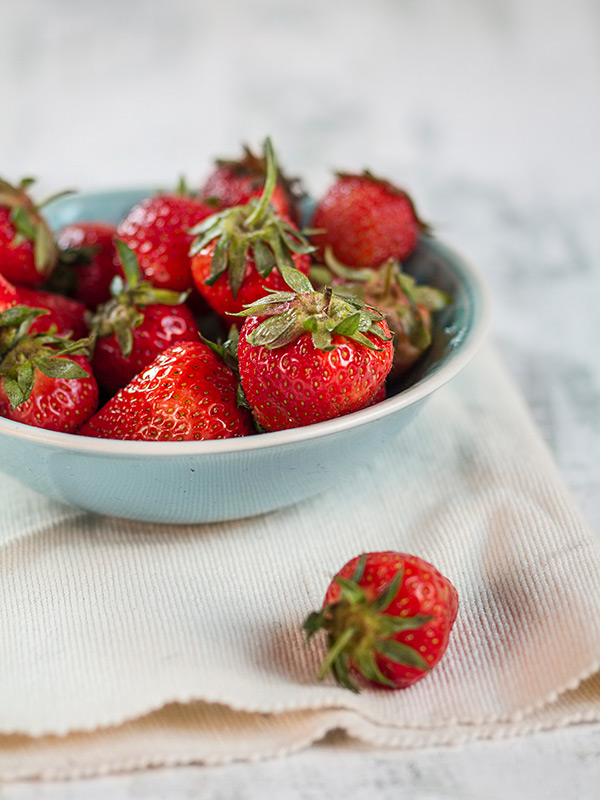
"One cup of strawberry halves (152 grams) provides 89 milligrams of vitamin C, or 99% of the DV," Agyeman says. "This nutritious fruit may help your heart and brain health."
5. Brussels Sprouts
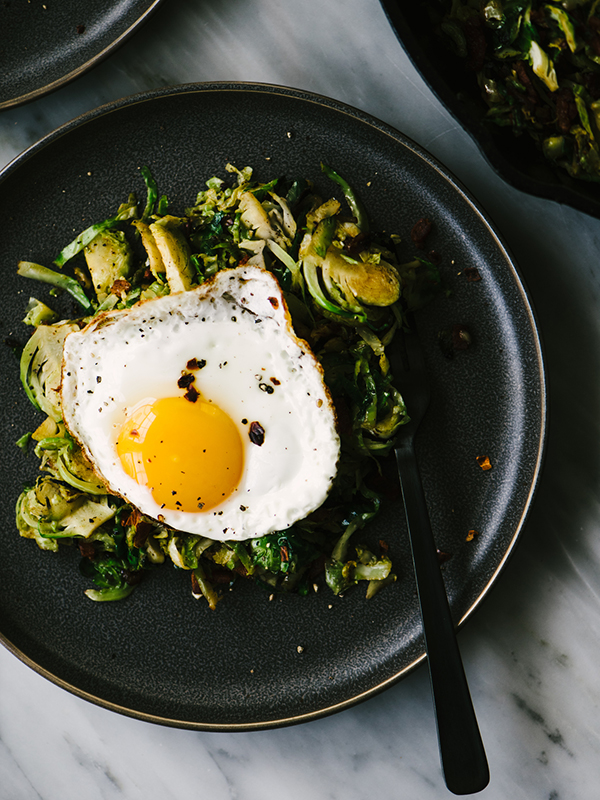
Carter says a half-cup of cooked brussels sprouts contains 48 milligrams of vitamin C per serving.
6. Tomatoes
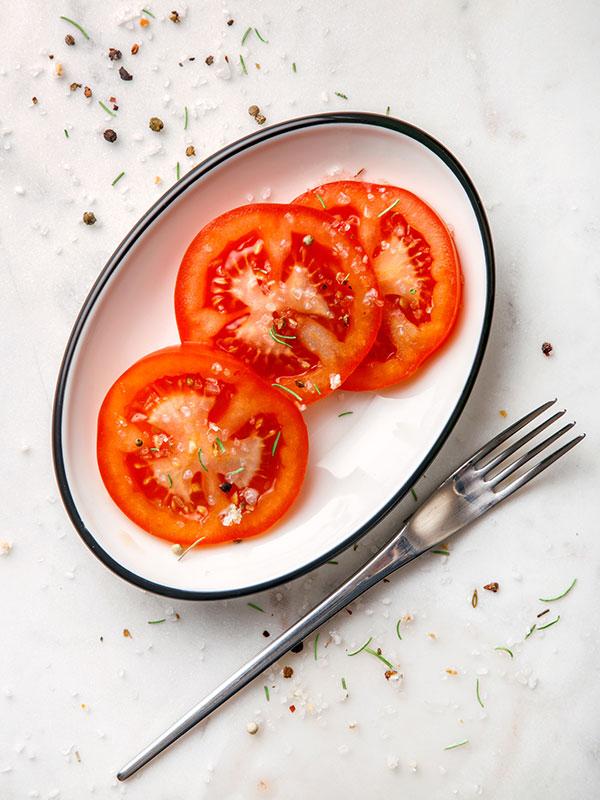
One medium tomato provides 28% of your daily vitamin C needs, but Virga suggests giving tomato juice a try, too. "Tomato juice concentrates the nutrients and therefore packs a much higher vitamin C punch," she says. "One cup of tomato juice provides close to 74% of your daily vitamin C needs."
7. Broccoli
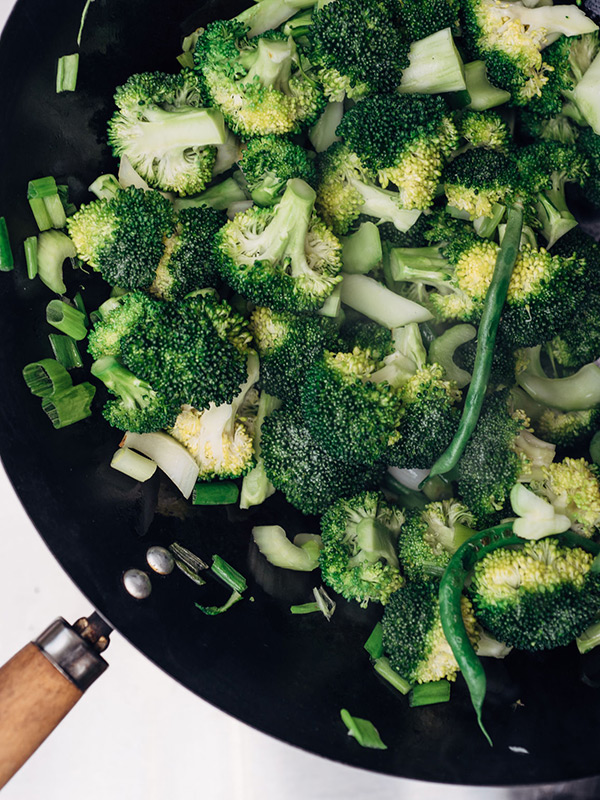
"One-half cup of steamed broccoli provides 57% of the DV for vitamin C and may lower your risk of inflammatory diseases," Agyeman says. Overall, cruciferous vegetables like broccoli, brussels sprouts, and bok choy are good for you. Virga says the nutritious produce contain glucosinolates, which are compounds that have an anti-cancer effect within the body.
8. Pineapple
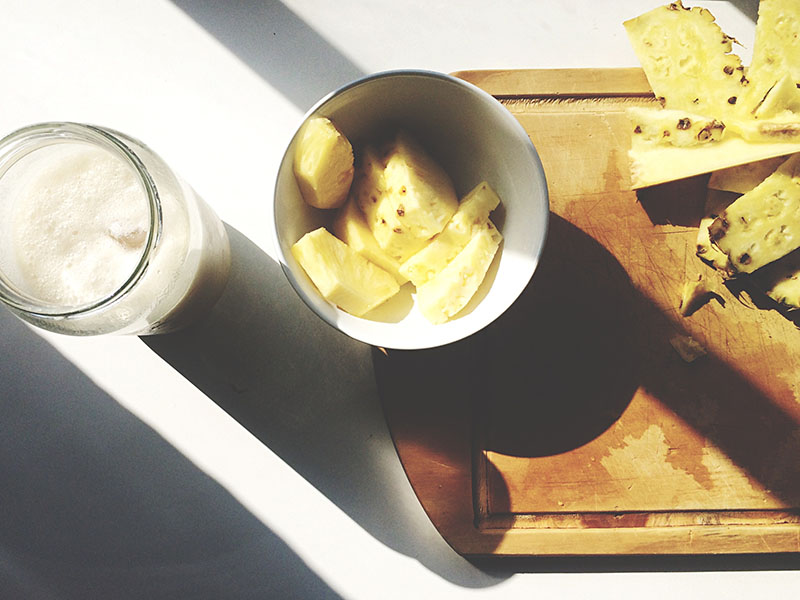
One cup of pineapple chunks gives you about 131% of your daily vitamin C needs, Virga says. The fruit also contains bromelain, which is an enzyme that helps digest protein.
9. Papaya
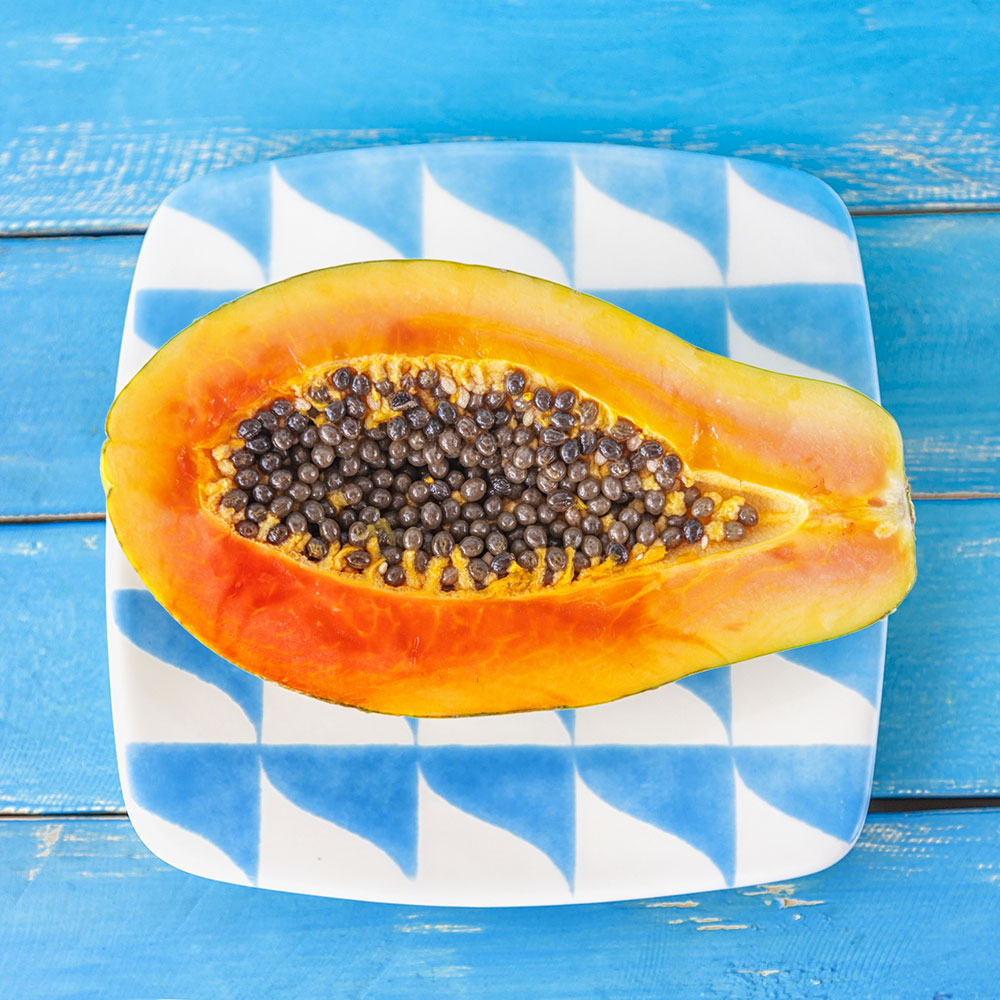
Agyeman says one cup of papaya delivers 87 milligrams of vitamin C and is known to help improve memory.
10. Lemons
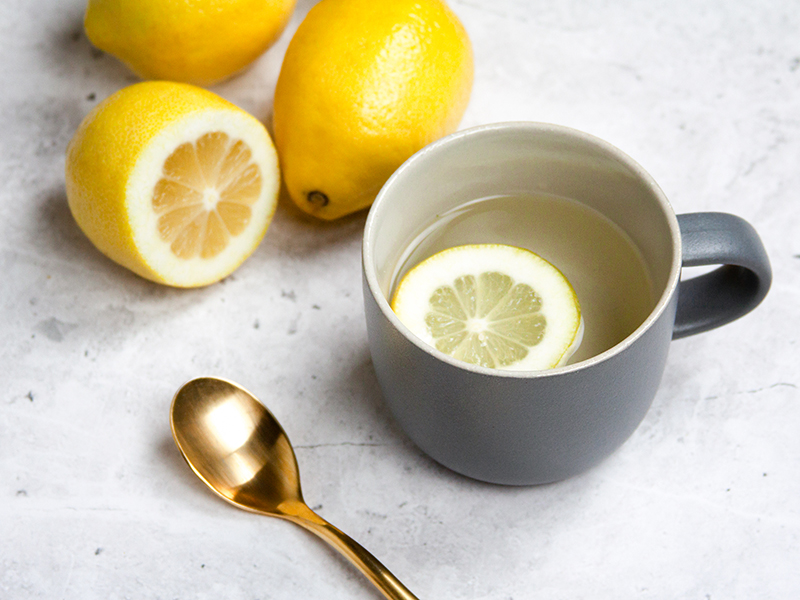
Just a tablespoon of lemon juice gives you 40% of your daily vitamin C needs. Virga recommends adding a squeeze of lemon juice to water or salads as a way to boost your intake and add some flavor.
11. Kiwi
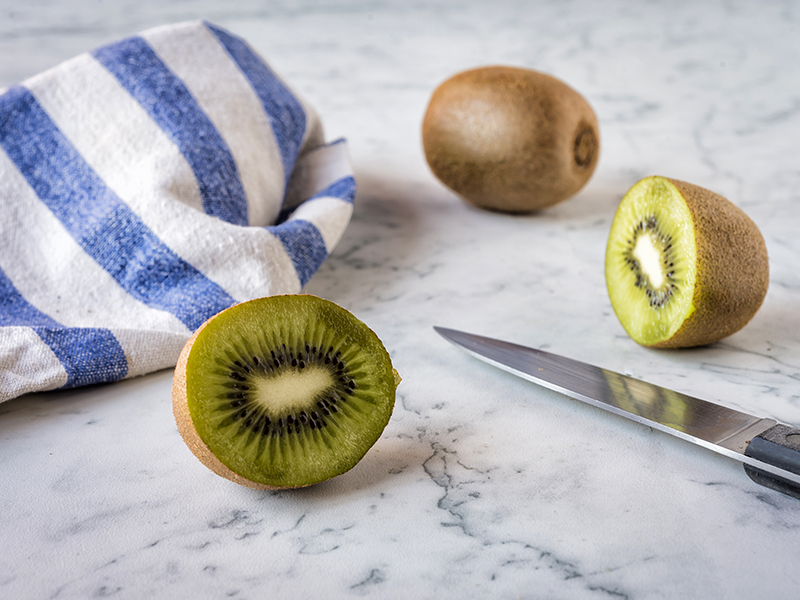
Agyeman says a medium-size kiwi provides 79% of the daily recommended value for vitamin C and that the fruit can benefit circulation and immunity. It's also a source of the natural mood stabilizer serotonin, adds Virga.
12. Potatoes
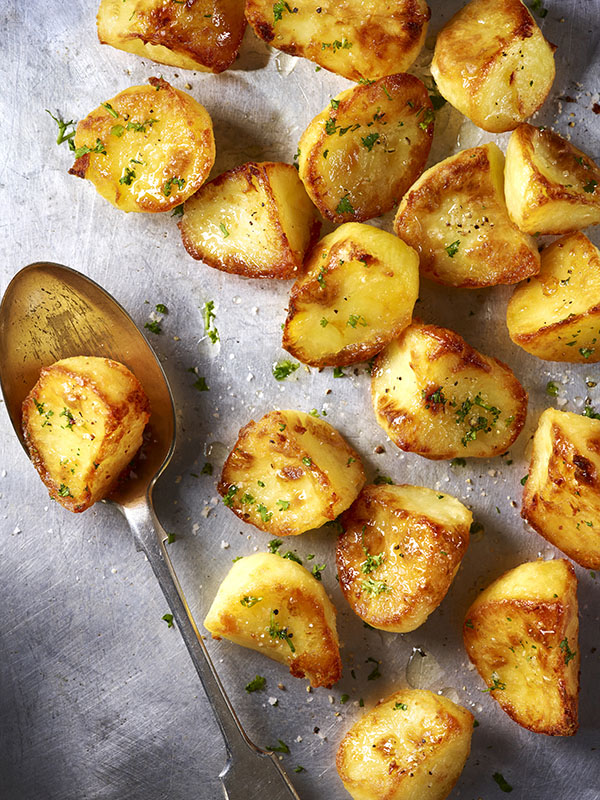
Yes, they're a great source of vitamin C. "Potatoes get a bad rap, but they are actually full of nutrients like vitamin C and potassium," Virga says. "It is the way potatoes are often prepared (e.g., deep-fried or slathered in butter) that makes them a less than nutritious choice."
13. Mangoes
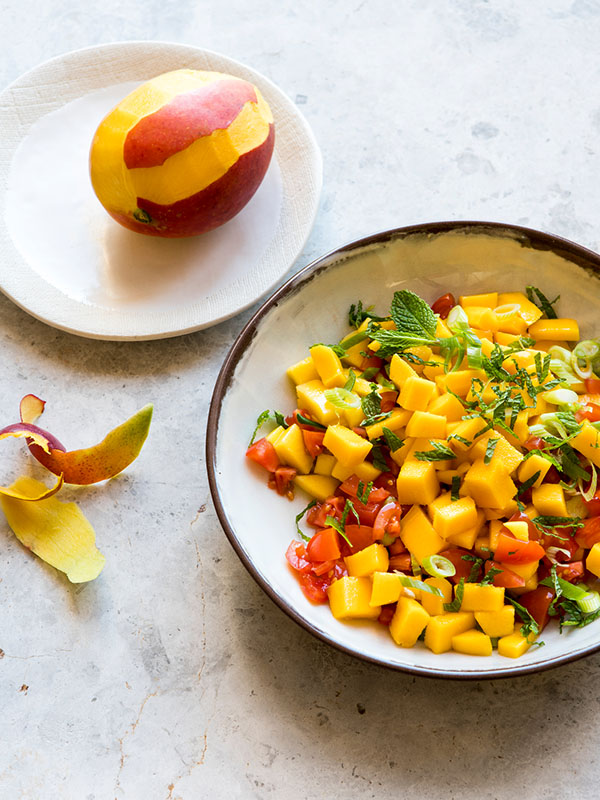
One cup of mangoes has about 60 milligrams of vitamin C, according to Virga.
This article is provided for informational purposes only and is not intended to be used in the place of advice of your physician or other medical professionals. You should always consult with your doctor or healthcare provider first with any health-related questions.
Sarah is lifestyle writer and editor with over 10 years of experience covering health and wellness, interior design, food, beauty, and tech. Born and raised in Los Angeles, she attended New York University and lived in New York for 12 years before returning to L.A. in 2019. In addition to her work atBest Knockoff Luxury Clothing , she held editor roles at Apartment Therapy, Real Simple, House Beautiful, Elle Decor, and The Bump (sister site of The Knot). She has a passion for health and wellness, but she especially loves writing about mental health. Her self-care routine consists of five things: a good workout, “me” time on the regular, an intriguing book/podcast/playlist to unwind after a long day, naps, and decorating her home.
